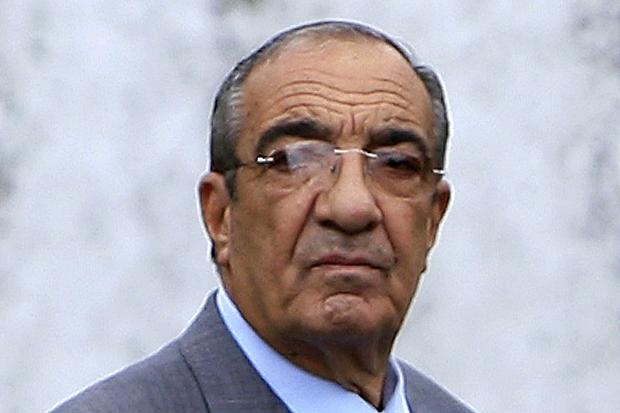CAIRO: Facing a “deteriorating state of civil society in the Arab world and a growing number of arrests of bloggers and intern activists, journalists and representatives from civil society organizations are now calling upon Arab governments to enact new regulations for online information exchange.
The proposed new regulations would criminalize email spying and sharing of information on Internet users between state security and telecommunications companies.
The suggested criteria were agreed upon at a high-level seminar titled “Internet Freedom in the Arab World held in Cairo in late December.
Organized by local human rights organization The Arabic Network for Human Rights Information, the workshop featured several prominent speakers, including Omar Ben Younis, Chairman of The Arab Association of Cyber Law, Hesham Kassem, Counselor of Word Association of Newspapers, and Noha Atif, moderator of Torture in Egypt blog.
Speakers discussed a wide range of topics regarding online freedom of expression, including alleged government attempts to fetter the Internet with restrictions imposed on traditional press.
According to the spokesmen, some Arab governments, such as Saudi Arabia, do not even fear to publicly announce that they block certain “unsuitable websites. Other countries, such as Tunisia, allocate large funds and facilities to limit the use of the Internet by political and human rights activists in particular.
Radhia, a well-known Tunisian blogger, claims she is constantly harassed by the Tunisian authorities for her online advocacy.
The authorities have tried to force me into exile many times, but I refuse to leave. They have confiscated my computer equipment and prevented me from visiting Internet cafes, she told The Daily Star Egypt in a previous interview.
The panel suggested providing special protection to Internet journalists, and limiting the control of the Supreme Press Council.
Workshop participants condemned Arab governments’ stranglehold on the press and called for several new regulations, including launching of legal action against telecommunications companies that allegedly provide assistance to security bureaus that monitor Internet users, and criminalizing those who violate freedom of expression on the Internet.
The speakers argued for the establishment of a press observatory by human rights organizations to document the violations committed against journalists and newspapers.
However, while the proposed regulations are “good ideas , it is highly unlikely that Arab governments will agree to introduce new legislation on freedom of expression on the Internet, Naila Hamdy, Professor in Journalism and Mass Communication at AUC told The Daily Star Egypt.
Hamdy also argued that bloggers and civil society activists often face intimidation and arrest for their online writing due to the fact that they are not protected by press laws.
This however, should not prevent the public and reporters from mainstream media from paying close attention to their writing.
“Bloggers and activists expressing their views on society and politics in online forums are not perceived as journalists which often results in them being discredited by the government and the public, she says.
Yet she thinks that Internet activists introduce important social and political topics to the public debate – issues that prestigious newspapers would otherwise not report on.
“Take the recent sexual harassment incident in Downtown Cairo during Eid, for example. If it wasn’t for the bloggers, this social illness might have never have found its place on the national agenda, Hamdy says.
Attended by more than 100 journalists, bloggers, and civil society activists, the conference which was supposed to be held at the Shepherd Hotel, was moved to the Egyptian Journalists Syndicate last minute after alleged threats from state security.
“The Shepherd Hotel cancelled our agreement to host the workshop after State Security Intelligence (SSI) officers threatened to close the facility and arrest its managers if they held the workshop, Gamal Eid, Executive Director of Arabic Network for Human Rights Information, told The Daily Star Egypt.
“Using such coercion is both ridiculous and outrageous. It also shows the extent to which state security acts as a ghoul against freedoms in Egypt, particularly freedom of speech, he said.

